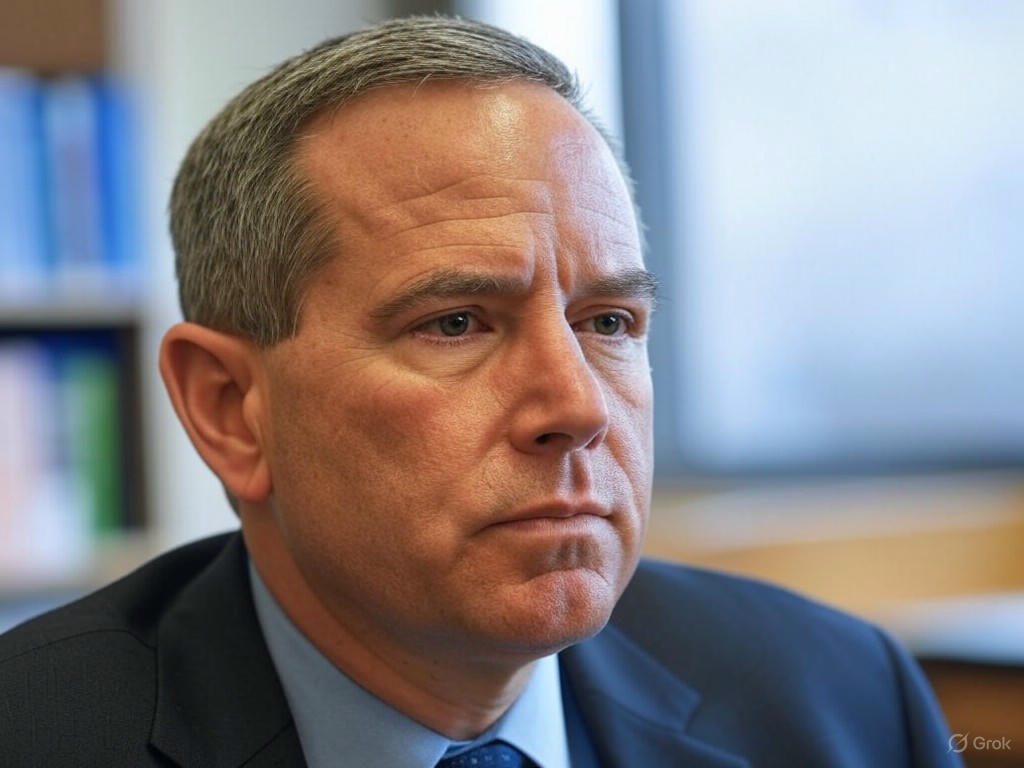CDC Adviser Resigns Over Shift in Vaccine Guidance Amid Controversy
In a surprising turn of events, a prominent adviser to the Centers for Disease Control and Prevention (CDC) has stepped down, citing deep concerns over recent changes in vaccine policies. Dr. Lakshmi Panagiotakopoulos, a respected figure in public health, announced her resignation following a controversial decision to retract long-standing recommendations for vaccinating specific high-risk groups, including children and expectant mothers. Her departure has sparked a heated debate about the direction of public health strategies in the United States and the influence of political figures on scientific decision-making.
Dr. Panagiotakopoulos, who dedicated years to safeguarding vulnerable populations, expressed profound disappointment in her statement. She emphasized that her role was to protect those most at risk, and the removal of critical immunization guidelines left her feeling unable to fulfill that mission. While she refrained from naming specific individuals, many speculate that her exit is tied to the influence of Robert F. Kennedy Jr., a vocal critic of certain vaccination policies, whose recent involvement in health policy discussions has stirred significant controversy. The decision to alter recommendations has raised questions about whether scientific consensus or external pressures are driving public health choices.
The implications of this shift are far-reaching. For years, the CDC has advocated for vaccinating children and pregnant women against various preventable diseases, including COVID-19, to reduce severe outcomes and community transmission. These guidelines were rooted in extensive research and data showing the benefits of immunization for these groups. However, the abrupt change has left healthcare providers and parents uncertain about the best course of action. Critics argue that this move could undermine public trust in health institutions at a time when misinformation about vaccines is already rampant. On the other hand, supporters of the policy change claim it reflects a need to reassess protocols based on evolving science and individual choice.
Public reaction has been mixed, with some praising the adviser’s principled stand and others questioning the timing and reasoning behind the policy overhaul. Social media platforms are abuzz with opinions, ranging from concern over potential rises in preventable illnesses to frustration with what some perceive as government overreach in personal health decisions. Meanwhile, health experts warn that any gap in vaccination coverage could lead to outbreaks, particularly among those who rely on herd immunity for protection.
As the dust settles on this high-profile resignation, the future of vaccine policy remains uncertain. Dr. Panagiotakopoulos’s departure serves as a stark reminder of the challenges facing public health officials in balancing science, ethics, and public sentiment. Her exit may inspire others to speak out, or it could signal a deeper rift within the institutions tasked with protecting national health. For now, the nation watches closely as debates over vaccination continue to unfold, hoping for clarity and a renewed commitment to safeguarding the most vulnerable among us.


